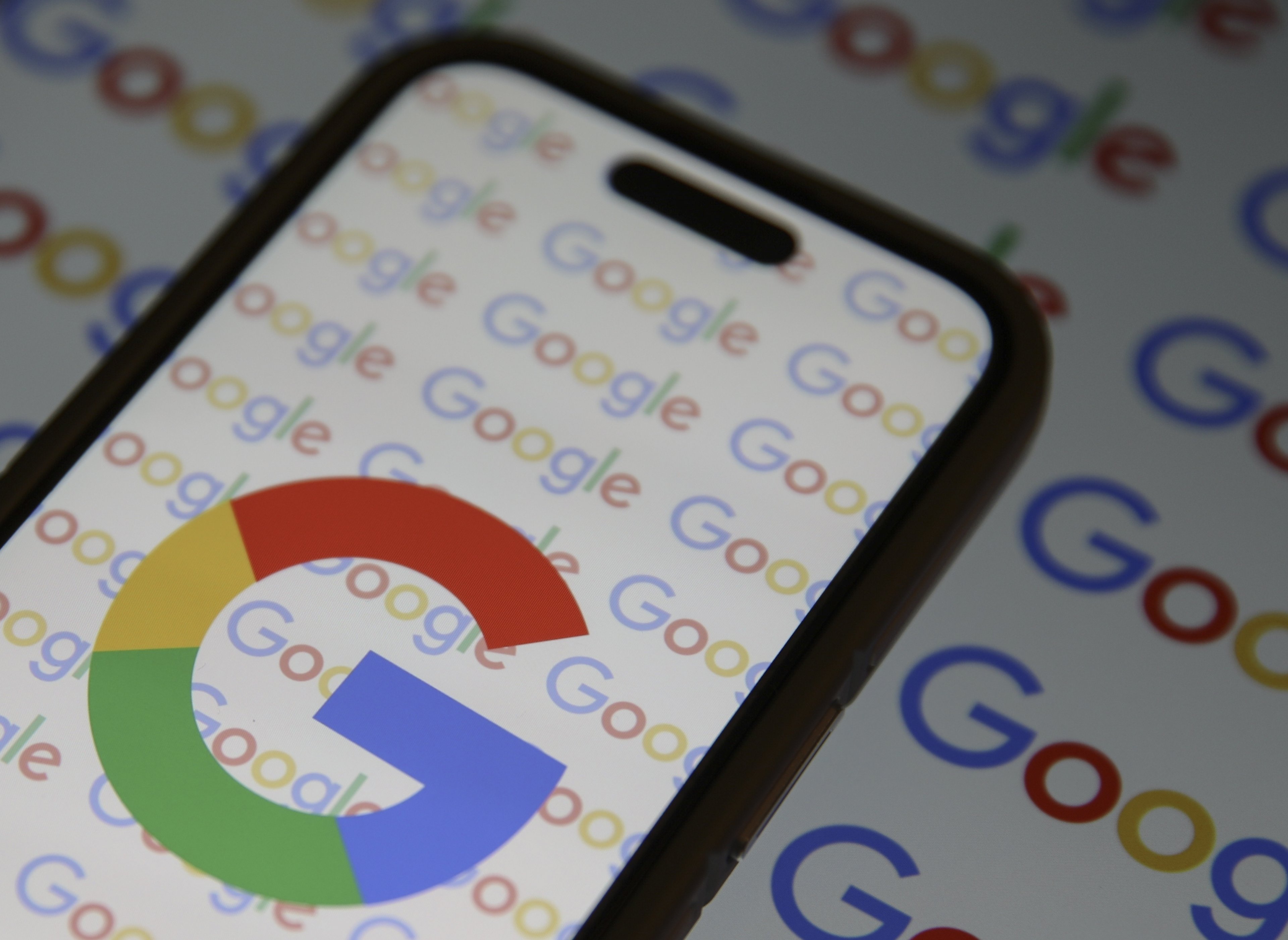Truth be told, advertisers have been expecting it for a while. On Tuesday, they got it. Alphabet (GOOGL +1.15%) (GOOG +1.11%), parent to the ubiquitous search engine Google, confirmed it would stop supporting advertisers' use of third-party cookies unwittingly created by users of its Chrome web browser. In other words, advertisers won't be able to see all the websites you've visited before, nor know about any links you've clicked using Chrome.
Privacy hounds cheered the decision as a victory, while some Alphabet shareholders worried the change could bite into Google's bread and butter business. Chrome is the browser of choice on about two-thirds of the world's conventional computers, and the preferred means of connecting to the web with more than 60% of the world's mobile devices. If Google's core product -- highly detailed data about an individual's internet history -- no longer exists, the company suddenly faces an uphill battle.
Current and prospective Alphabet shareholders, however, need not worry. There's still a handful of reasons the internet giant will continue to grow its top and bottom line.

Image source: Getty Images.
IP addresses still matter
The value of IP (internet protocol) addresses has been debated for years. It is a unique identifier of all the web traffic coming and going from your modem, but IP addresses can, and do, change on a pretty regular basis. As soon as you or your ISP create a new one, you've effectively been given a new digital identification that advertisers have never seen. That's why IP tracking isn't part of Google's advertising repertoire.
They still matter though, for one simple reason. If nothing else, your IP address can tell an advertiser where you are, geographically speaking. That's powerful information when a consumer is, say, looking for a nearby restaurant using their smartphone.
More than one way to skin a cat
While the elimination of third party cookies will essentially prevent advertisers from plugging into much of a user's web history, that's not the only way an advertiser can isolate and identify an individual with the inadvertent help of Google. All devices powered by its Android operating system, for instance, have a unique ID that can't be changed unless a full factory reset is performed on that device.
Advertisers that log and then use the Android ID as a marketing tool do so in violation of Alphabet's policies, for the record, running the risk of being barred from Google's ecosystem. The company isn't able to monitor all instances of when it happens, though. For example, it doesn't know when such data is delivered to an ad network outside of one of its own.
Not all advertisers that employ the unique Android ID as an advertising tool also participate in Google's advertising platform. By definition, the ones with access to other ad networks don't need to use Google's. But, for advertisers that utilize multiple advertising networks, there's still a way to serve up highly focused Google ads. It's just going to take some extra data mining going forward.
Your Google searches still speak volumes
The Google Adsense ads you'll sometimes see on web pages are still important revenue sources, but not exactly game-changing growth drivers. Facebook (FB 1.70%) and now even Amazon.com (AMZN 1.57%) have been slowly chipping away at what might still be loosely called the banner ad business for a while now. That was never going to be Alphabet's business to keep.
There's still a massive amount of detailed data to target, however, just in your queries delivered to the world wide web via Google. The company knows exactly what words you're searching, how you refine that search, and which links you click or don't click. Given that Google is the search platform of choice on three-fourths of computers and more than 90% of mobile devices, the company can still give advertisers plenty of relevant, granulated data just with search results. Its success with retailers that want to sidestep Amazon and similar platforms is only a glimmer of its potential in this regard.
More trusting users
Finally, in an ironic twist, the elimination of third-party cookies support might prompt some web users to let their guard down enough to make other means of data-gathering easier for Google.
Chrome is one of the last browsers to effectively end the usefulness of third party trackers. Apple's browser, Safari, and Mozilla Firefox did the deed a while back, while browser add-ons created by other tech companies helped users beef up their protection. Although less popular than Chrome, these alternatives were held up as a step in a direction that Alphabet should take. Now, with seemingly less to worry about, users may actually ease off on those aggressive protections altogether. That in turn could actually improve Google's data gathering approaches (outside of third party cookies) for reasonable, less intrusive advertisers.
This is Google, fer cryin' out loud
On the surface it may seem problematic, as if Google is kowtowing to new social pressures in a way that will make it more difficult to deliver results for advertisers. The four reasons above lay out why things may not be so bad, and perhaps may even be beneficial if the shift weeds out the web's bad actors.
There's an overarching fifth element that isn't quite so specific, but palpable all the same. That is, this is Google -- the web's predominant search engine, and the brains behind the web's most used browser. It knows what it's up against, and has most assuredly thought through all the ramifications of its new policies. And to the extent it hasn't, it's got two years to figure it out. That's when Chrome's new third-party cookies support will actually end.
My bet is that Alphabet's going to be fine.










